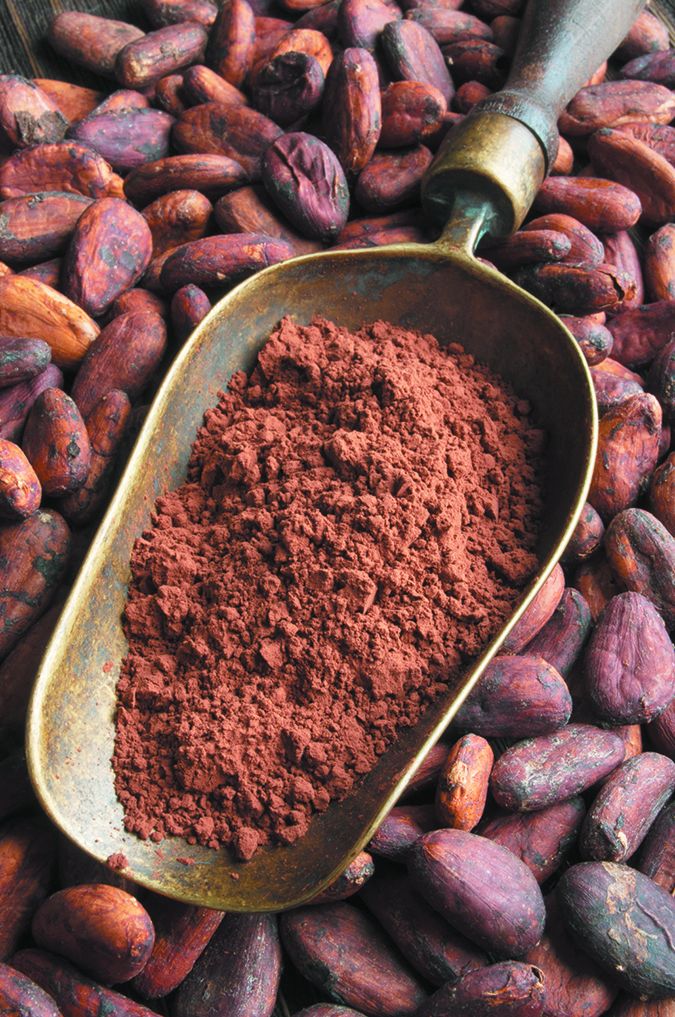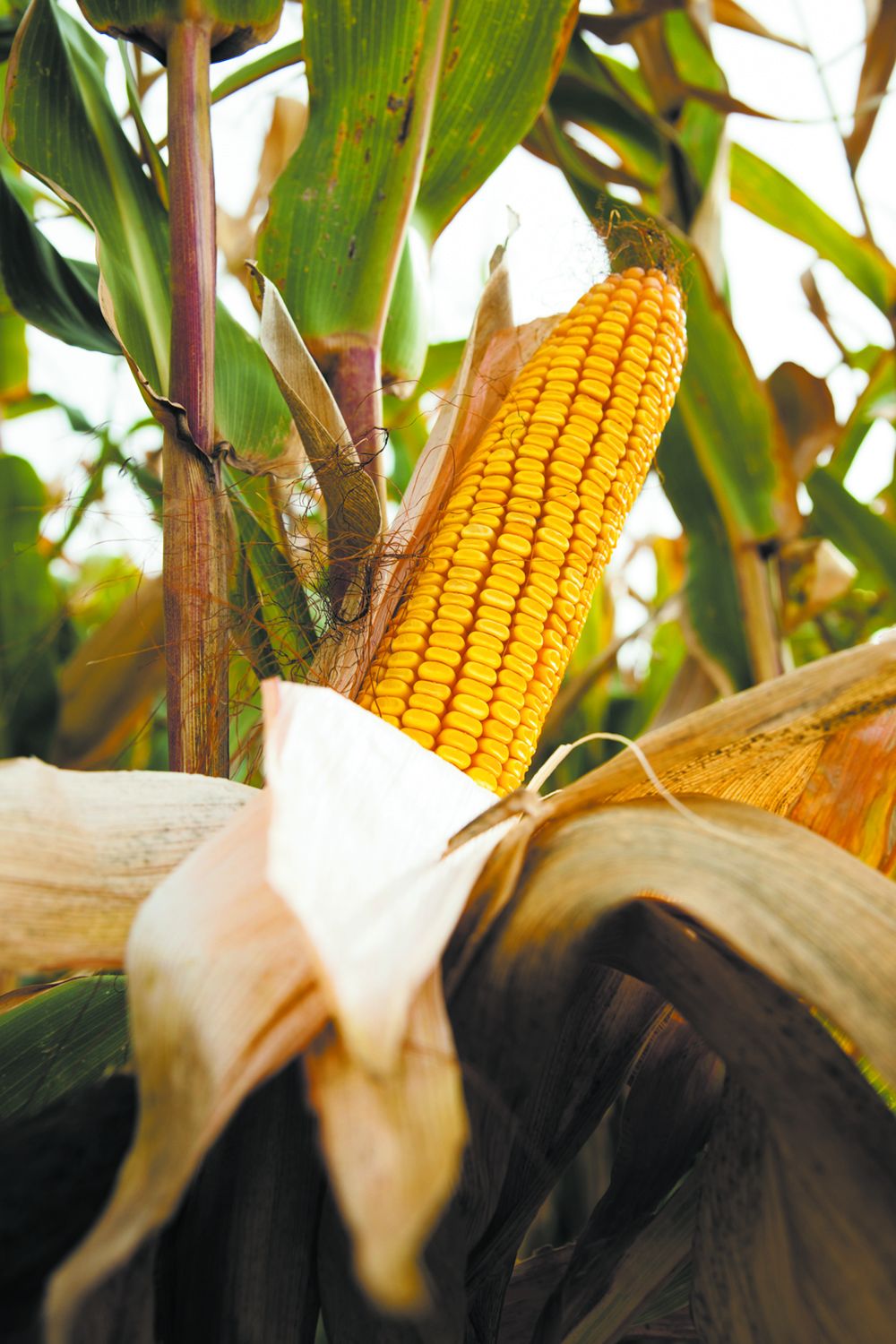Nuts for You
Nuts are among the oldest human foods, with records of eating pistachios dating back to the Stone Age. You might describe the Stone Age as the time of discovery of the first trail mix, says Jeffrey Blumberg, PhD, director of Tufts HNRCA Antioxidants Research Laboratory. Prehistoric nomads mixed ground almonds and pistachios with chopped dates, sesame oil and breadcrumbs. Its also interesting that almonds were found in Tutankhamens tomb in Egypt.
Can Supplement Pills Deliver on Their Promises?
With the US drought predicted to cause food-price increases of up to 5% next year, it might be time to take a harder look at whats in your grocery cart-especially those items that arent really groceries, such as pricey dietary supplements. Nutrition experts agree that its best for generally healthy people to obtain the vitamins, minerals and other nutrients you need from food, not pills.
Drinking Cocoa Boosts Cognition and Blood Flow in the Brain
You may not have to go heavy on the cocoa to boost your brain. Previously, a special cocoa high in flavanols was shown to positively affect cognitive function in older adults with early memory decline. But now a new study conducted in older adults with hypertension and/or diabetes has found that drinking just two cups a day of cocoa for a month was associated with significant improvements in cognitive function and blood flow in the brain.
Healthy Diet and Lifestyle Help Prevent Disability with Aging
Unhealthy behaviors such as inactivity, poor diet and smoking have long been associated with a wide range of chronic diseases and risk of death. But a new study reveals that such lifestyle factors can also affect older adults' risk of disability and loss of independence.
Should You Worry About GMOs?
You can hardly pick up a newspaper these days without reading about the debate over labeling genetically modified (GMO) ingredients in foods. This summer, following the narrow defeat of a GMO-labeling initiative in California, Connecticut and Maine passed labeling legislation that would go into effect if other states follow. On Nov. 5, Washington State voters will decide on a ballot initiative, I-522, The Peoples Right to Know Genetically Engineered Food Act. The Chipotle food franchise recently started identifying menu items with GMO ingredients on its website, and the Whole Foods grocery chain announced it would require GMO labeling in its stores by 2018.
Beans of All Kinds Equally Good for You
You already know beans are good for you: The Dietary Guidelines for Americans recommend that women consume 1 1/2 cups of beans and other legumes weekly, or 1 cup for ages 51-plus, and that men eat 2 cups a week, 1 1/2 cups after age 50. Moreover, beans and other legumes are the only type of food that the Guidelines promote in two different categories-as part of the Protein Foods Group (along with meats, poultry and fish) and as part of the Vegetable Group, because they are excellent sources of dietary fiber and nutrients such as folate and potassium.
Does Fish Oil Really Raise Prostate Cancer Risk?
Over and over again, youve read in the pages of this newsletter and elsewhere that eating fish like salmon high in omega-3 fatty acids is good for you. Youve seen countless ads touting the similar benefits of fish-oil pills containing those same omega-3s (EPA and DHA). Now suddenly comes a flurry of headlines suggesting a scary downside to these health-promoting omega-3s, at least for men: High Levels of Fish Oil May Boost Risk for Prostate Cancer, Omega-3 Supplement Taken By Millions Linked To Aggressive Prostate Cancer.
FDA: Little Risk from Arsenic in Rice
After testing more than 1,300 types of rice and rice products, the US Food and Drug Administration has concluded that arsenic levels in rice pose no immediate health risk to consumers.
Lost in That Show? Watch the Snacking
The more immersed you are in a TV program or video game, the more youre likely to snack, according to a new study. University of North Carolina researchers tested the snacking behavior of 120 men and women, ages 18-35, while watching different TV programs or playing video games.
Courts Weigh Natural Claims for GMO Foods
Can a food labeled all-natural nonetheless contain genetically modified (GMO) ingredients? The answer to that question became even more tangled recently as judges across the country have issued conflicting rulings.
































